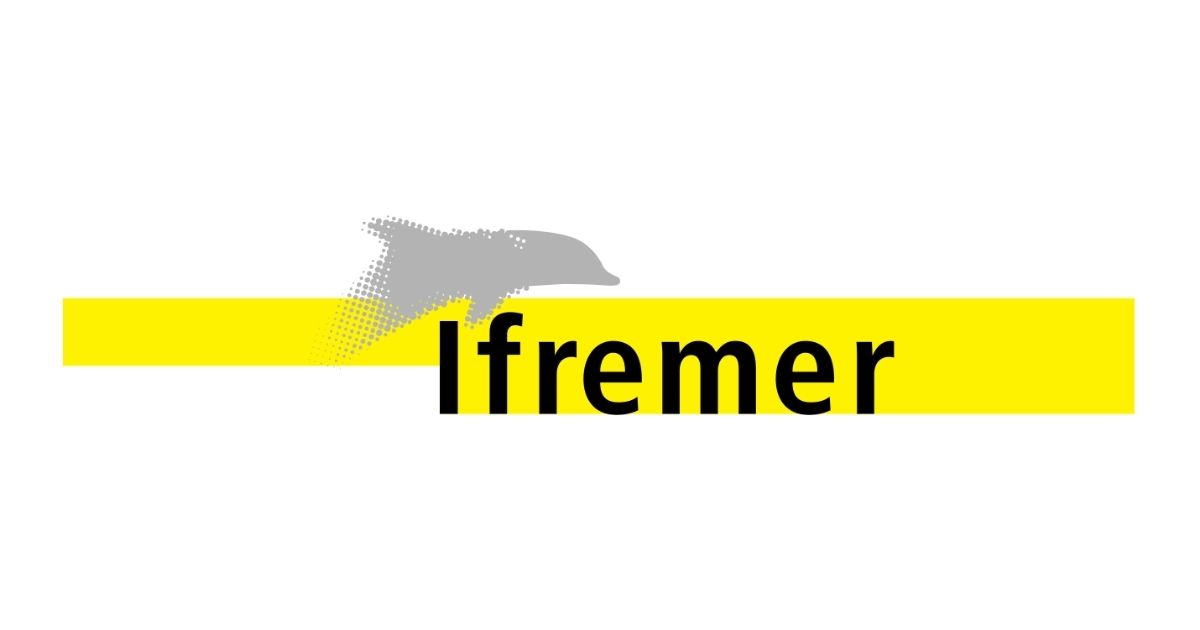A pioneer in ocean science, IFREMER’s cutting-edge research is grounded in sustainable development and open science. Our vision is to advance science, expertise and innovation to protect and restore the ocean, sustainably use marine resources to benefit society, and create and share ocean data, information & knowledge.
With more than 1,500 personnel spread along the French coastline in more than 20 sites, the Institute explores the 3 great oceans: the Indian, Atlantic and Pacific oceans. A leader in ocean science, IFREMER is managing the French Oceanographic Fleet and its dedicated scientists create ground-breaking technology to push the boundaries of ocean exploration and knowledge, from the abyss to the atmosphere-ocean interface.
Well-established in the international scientific community, our scientists, engineers and technicians are committed to advance knowledge about our planet’s last unexplored frontiers. They provide the science we need for informed decision-making and public policy and they transfer this knowledge and technology to businesses to fulfill public and private needs.
Core to our mission is also to strengthen public awareness about the importance of understanding the ocean and its resources, and empowering future generations of leaders through education and outreach national campaigns.
Founded in 1984, IFREMER is a French public organization and its budget approximates 240 million euros. It is operating under the joint authority of the French Ministry for Higher Education, Research and Innovation, the French Ministry for the Ecological and Solidary Transition, and the French Ministry of Agriculture and Food.
General areas of responsibility
IFREMER has been nominated by the French Ministry of the Environment (MTES) in charge of the Marine Strategy Framework Directive (MSFD) implementation in France, together with other institutes. Among the 11 MSFD descriptors, IFREMER is responsible and co-responsible of 7 of them, including the descriptor 8 on contaminants which is led by the Biogeochemistry and ecotoxicology unit (BE) of the Department of Biological Resources and Environment (RBE).
A monitoring program of the Chemical contamination of the trophic network (Contamination chimique des réseaux trophiques, (CoRePh)) has been implemented since 2014 in the context of the optimisation of the fishery survey sea campaigns for MSFD. This observatory is designed to address indicators of the Good Environmental Status GES) for three descriptors of the MSFD: descriptor 4 (trophic network), 8 (contaminants) and 9 (seafood). It consists of assessing chemical contaminant concentrations, stable isotopes and energetic density in a selection of fish and cephalopod species. The main objectives of this monitoring program are to 1) assess the occurrence and spatio-temporal variations of the chemical contamination over the French continental shelf considering i) the biological specificities of the monitored species, ii) the chemico-physical characteristics and typology of the different marine subregions (English Channel, Celtic sea, Bay of Biscay and Occidental Mediterranean sea) and iii) trophic network functioning of each system; and 2) contribute to the assessment of the GES for the next cycles. The candidate will develop an integrated approach (contaminant impregnation and trophic ecology) to develop relevant indicators for GES assessment.
The candidate will be based at the Biogeochemistry and ecotoxicology unit (BE) of the Department of Biological Resources and Environment (RBE), under the hierarchical responsibility of the unit responsible and the scientific responsibility of the D8 scientific responsible. She/he will also closely work with the colleagues co-responsible of the D8 at the Vigies unit (ODE departement) and co-responsible colleagues of this monitoring program at Pelagis (UMS 3462 La Rochelle Université/CNRS).
The candidate will mainly be in charge of:
- Developing indicators of the contamination of mobile species on the continental shelf using the CoRePh data.
- Proposing, if needed, adaptation to the present protocol to meet indicators’ need. Next sampling is planned in 2022.
- Contributing to the elaboration of stand-alone assessment sheets for D8C1 – fish, and to the redaction of corresponding scientific report section (deadline: June 2022).
Its main activity is to develop indicators to inform on the GES on the continental shelf for the next evaluation (deadline: 2022). Expected valorization includes:
- Report to the funding bodies
- Scientific publications
- Stand-alone assessment sheets to be used for next GES assessment, and contribution to the scientific report (mid 2022).
- Contribution to the revision of the MSFD monitoring program regarding CoRePh.
Required Knowledge, skills, and characteristics - PhD in biogeochemistry/trophic ecology, with solid knowledge in biostatistics (or master with experience equivalent to a PhD).
Technical skills:
- Good knowledge in marine biogeochemistry of organic and inorganic contaminants, fish ecology and trophic ecology
- Good knowledge in biostatistics and indicator development
- English
Personal skills:
- Excellent relational ability and aptitude for teamwork as well as autonomously
- Excellent writing skills
- Sense of organization, rigor and method
- Autonomy and initiative capacity
Specific working conditions:
- Full time
- Travel in France and abroad
- Sea campaign
Deadline for applications: February 25, 2021.
Learn more about this position and how to apply.





